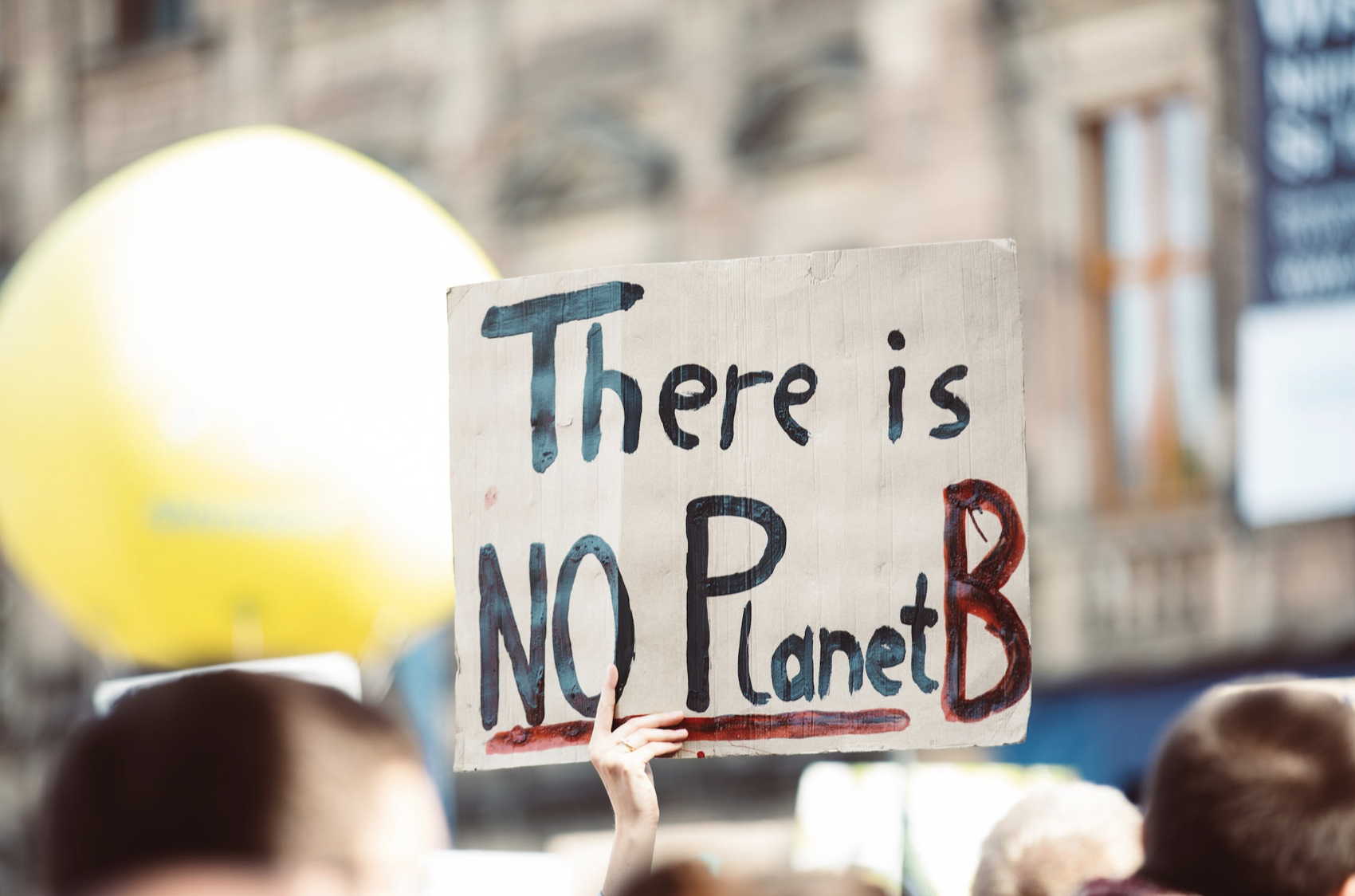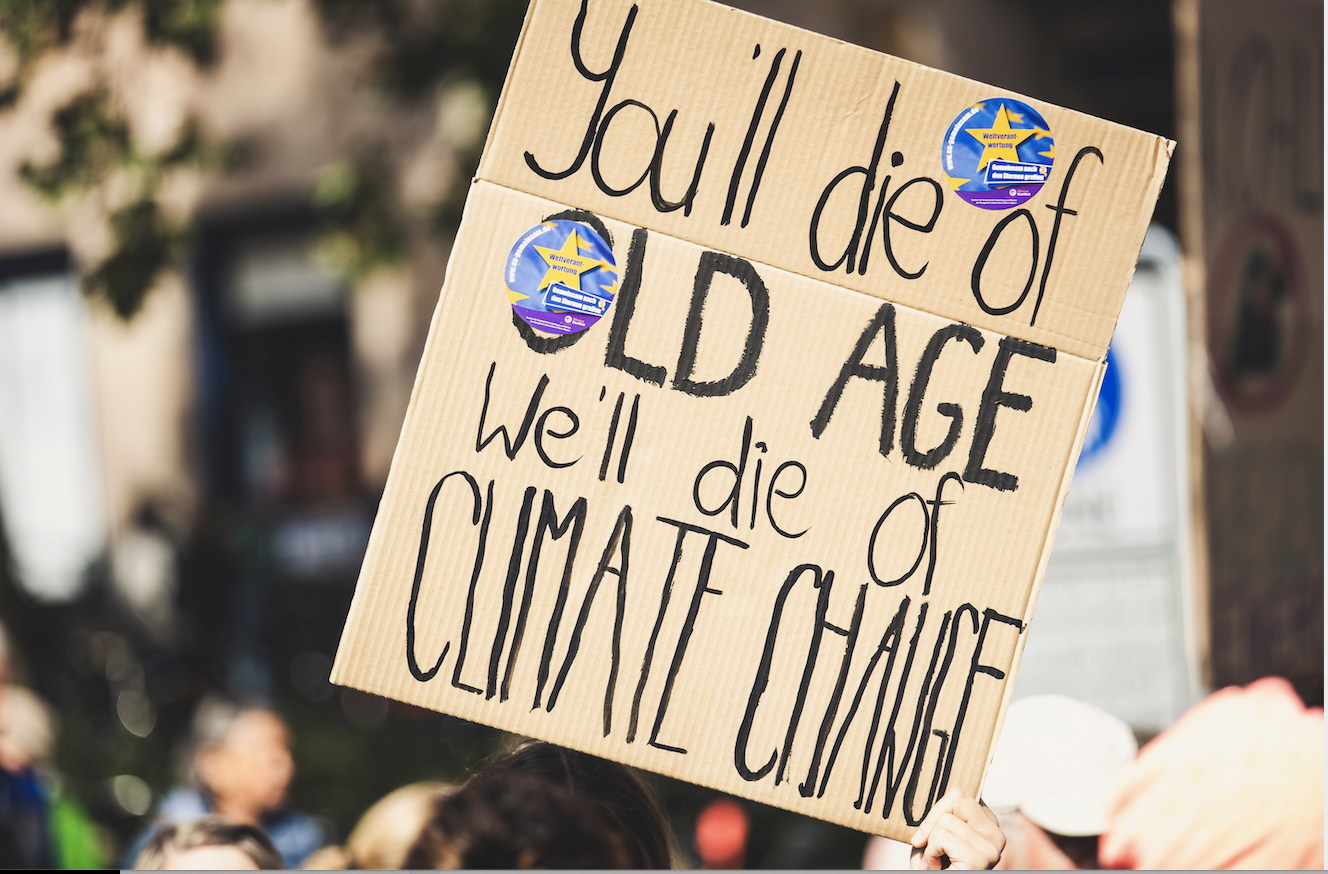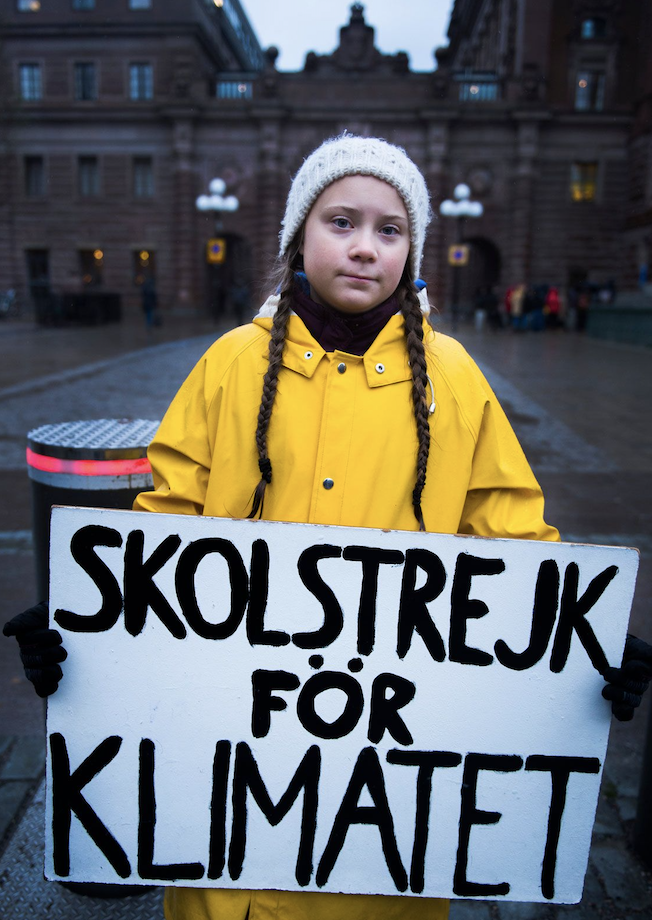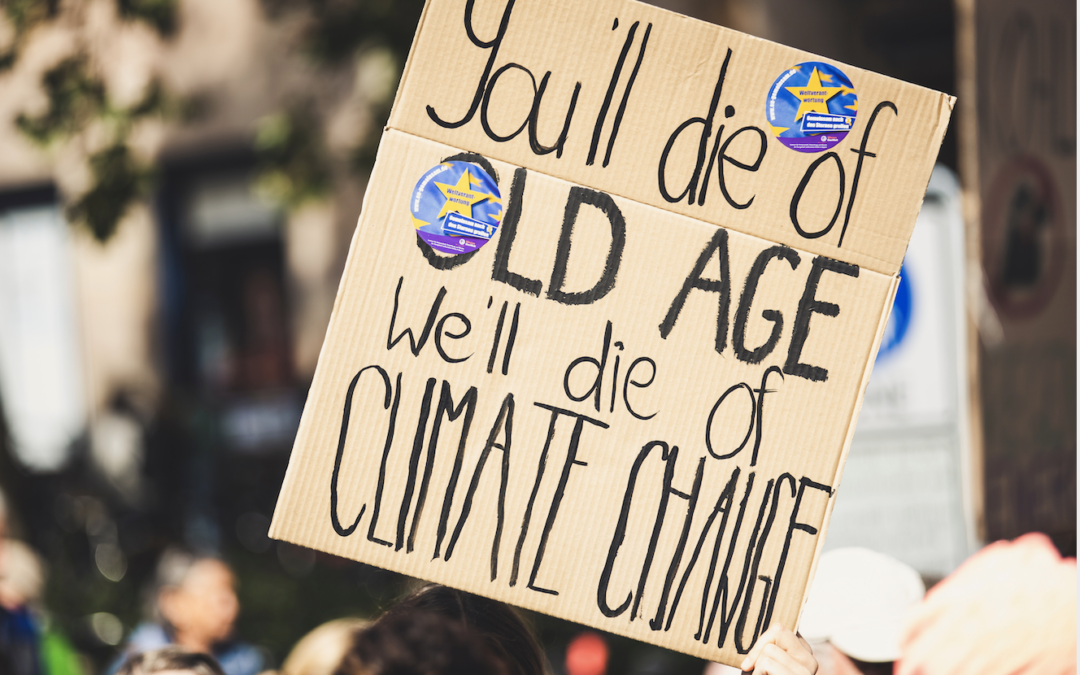
There’s no shortage of environmental disaster movies and social media videos to remind us of the worsening climate change. At 4.5 billion years old, the earth is sending us clear messages — from the increasing natural disasters to extreme weather events. If this makes you feel sad, stressed, and anxious, know that you’re not alone.
Many people suffer from eco-anxiety, a term coined by researchers to describe the chronic sense of environmental doom. The American Psychological Association defines it as “the chronic fear of environmental cataclysm that comes from observing the seemingly irrevocable impact of climate change and the associated concern for one’s future and that of next generations.”
It’s a feeling of helplessness and loss of control over an uncertain future, and it affects mental health with things like, “humanity is doomed.” Eco-anxiety, also known as ecological anxiety and climate anxiety, can also bring about feelings of guilt over the items we buy, especially plastic materials. If this is something you’ve been dealing with, and if you’ve been wondering how to cope, keep reading. Here’s what you need to know about eco-anxiety.

A new phenomenon
While experts recognize that eco-anxiety can lead to psychological disorders, it is not considered a disease. Eco-anxiety is currently not listed in the Diagnostic and Statistical Manual of Mental Disorders, meaning it is not considered a diagnosable condition.
However, it is closely linked to solastalgia, a set of psychological disorders that occur in a place following destructive changes in their territory, whether as a result of climate change or human activities. The word combines “solace” and “desolation”, as a result of natural and artificial calamities and the effects on its inhabitants. This is especially common in native populations and indigenous communities. (Read more about solastalgia here: Verywellmind: What is Solastalgia?)
In contrast, eco-anxiety is experienced by people who are not direct victims of natural catastrophes. But this doesn’t mean eco-anxiety should not be taken seriously. Experts say eco-anxiety is on the rise, and should not be underestimated.

Extreme worry is increasing
According to a survey by the American Psychological Association, 75% of Americans are experiencing some climate anxiety. Data also shows that younger generations are more vulnerable, and feel generally uncertain about their future. In a study published by The Lancet, they found that children ages 16-25 are most affected, with 84% of children and young adults being moderately worried, and 59% extremely worried. In the same vein, a 2020 survey in England showed that more than half (57%) of children and young people are markedly distressed about the climate crisis and the state of environment.
UNICEF reports that around one billion children will be at “extreme high risk” as a result of climate change, possibly causing depression, anxiety, and substance use disorders.
For the young, there’s a lot to be worried about, and there’s an increasing alarm over the following:
- Proliferation of extreme weather phenomena (such as heat waves, cyclones, typhoons, and earthquakes)
- Extreme weather events
- Increase in pollution
- Accumulation of trash in the oceans
- Loss of biodiversity
- Rising sea levels
- Overexploitation of natural resources
- Losses of livelihood or housing
- Fear for future generations, and overall feelings of helplessness.

Blah, blah, blah
The most vocal among the younger generation is, of course, green activist Greta Thunberg, who has brazenly challenged world leaders.
“No more blah, blah, blah,” Greta called them out in a speech at a UK Climate Summit. “How dare you? You have stolen my dreams and my childhood with your empty words,” Greta famously said.
This is echoed in The Lancet study, where the respondents shared they felt betrayed and abandoned by the government and adults. Other factors play a role too, such as the prevalence of social media, where there’s plenty of information for the young ones to access and learn about the climate crisis.
Granted that eco-anxiety is a new phenomenon, for experts, this only means the numbers will only rise in the years to come. As the number of climate-related problems grow, so will the number of people experiencing eco-anxiety.

So what can be done?
If feelings of uncertainty and anxiety weigh you down, and keep you up at night, here are some things you can do to manage eco-anxiety.
Talk to others
It helps to talk about your feelings. Find someone you trust who could give you the support, whether that’s a friend or a family member. If the symptoms are already getting in the way of your day-to-day activities, speak to a professional therapist. A mental health professional can help you deal with eco-anxiety and its symptoms.
Volunteer
Try using those anxious feelings and anger in a productive way, namely, by taking action. Meet like-minded individuals and find volunteer work for environmental causes or groups that you believe in. Volunteering can lessen feelings of helplessness and give you a sense of accomplishment, as well as belonging.
Make lifestyle changes
Never underestimate your power as an individual. By just making more eco-friendly lifestyle choices, such as eating a plant-based diet, recycling, and walking and cycling to reduce greenhouse emissions, is tremendous help. What’s more, you can lead by example and influence family and friends to do the same.
Access the right information
These days it’s easy to get misleading information. Every corporate bigwig employs large PR firms who easily “spins” the news. The Facebook algorithm doesn’t help as well. So it’s important to arm yourself with the right information. Follow Greta Thunberg, or subscribe to these credible websites: Climate Action Network, Ecowatch, and WWF.
Stay optimistic
Hope for the best. Despite all the bad things, it helps to be hopeful. Perhaps try to reframe the situation in a positive way, such as you are actually doing something to save the planet.
Know when to disengage
Without realizing it, browsing on social media where things could get toxic places unnecessary strain on your mental health. Activism sometimes requires us to take the fight in social media, but learn how to choose your battles. Engage with netizens who are open and willing to consider your point-of-view. Avoid toxic groups, and utilize Facebook and other social media platforms in a healthy way.
Connect with nature
Lastly, connect with nature. Green spaces and spending time with nature can help soothe your anxieties and worries away. Things like forest bathing, walking meditation, and ecotherapy can help channel your inner peace.
Tags



0 Comments